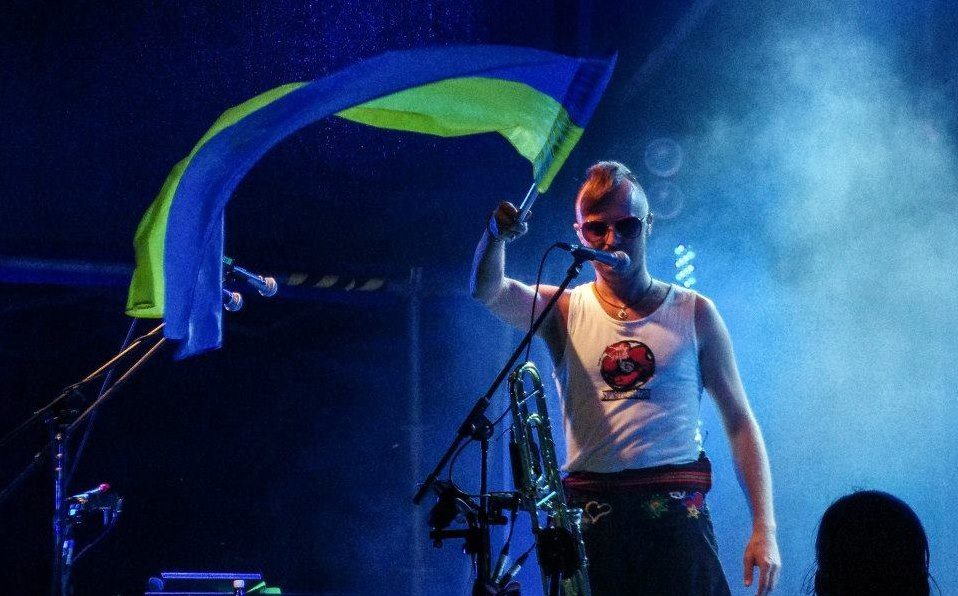The self-proclaimed Donetsk and Luhansk “people’s republics” have urged the government of Ukraine to give them a “special status” in exchange for peace and “the preservation of a united economic, cultural and political space of Ukraine and of all of the Russian-Ukrainian civilization”, Russian state news agency RIA Novosti reported on 1 September. The offer was made ahead of talks in Minsk, Belarus, between delegates for Kyiv, the separatists, Moscow and the OSCE.
“Talks on equal footing are the only form of conflict resolution and restoration of peace that is acceptable to the people’s republics… [source punctuation throughout] In line with the spirit and the letter of the Geneva accords, the president, the government and the Supreme Rada of Ukraine must pass legislative acts guaranteeing … the recognition by Ukraine of a special status of the territories controlled by the people’s republics,” the “leadership of the self-proclaimed republics” was quoted as saying in a “document”.
“If the above-mentioned legislative guarantees are passed with EU and Russian guarantees, the people’s republics for their part guarantee to apply maximum effort to keep peace, preserving the united economic, cultural and political space of Ukraine and of the entire area of Russian-Ukrainian civilization. For the sake of stopping the fratricidal war and for the purposes of fulfilling obligations undertaken in the course of talks, the people’s republics will confirm these guarantees by adopting laws, acts and declarations necessary for carrying out obligations undertaken,” the document said.
The separatists also demand that the Ukrainian authorities “adopt legislative acts guaranteeing… the right to use at official level the Russian language in the territories of the people’s republics”, RIA Novosti reported.
Another RIA Novosti report quoted the “deputy prime minister of Donetsk people’s republic”, Andrey Purgin, who represents the Donetsk separatists at talks in Minsk, saying that “this is the starting stage of negotiations, that is to say we are trying to find points of contact – make war as short as possible”. “We have brought with us proposals for the start of a process of consultations and, subsequently, of negotiations,” said Purgin.
Russian news agency Interfax news reported that the separatists’ demands include “legislative” guarantees of “immediate overcoming of the consequences of the humanitarian catastrophe, recognition by Ukraine of a special status of the territories controlled by the people’s republics, creation of conditions – above all, the stopping of the anti-terrorist operation – for free elections of leaders and deputies at all levels of the people’s republics in accordance with the principle of independent rule by the people without the right of early termination of mandate”.
The separatists “will also demand”, Interfax reported, a “special public order protection regime” enforced “among others by special formations of armed citizens as well as to appoint prosecutors and judges”.
Another demand will be an “unconditional amnesty for political prisoners and participants in the people’s militia, as well as for political activists, deputies, employees of the governments and other structures of the people’s republics”.
The separatists will also demand the restoration of housing, communications, transport and industrial infrastructure and “special regulations for foreign economic activity” which would “take into account the need to deepen economic integration with Russia and the Customs Union”.
The separatists will seek “conditions” for the return of refugees and the setting up of a “joint” commission which would draw up an “agreement on a peaceful settlement of the conflict and the restoration of Donbas”, Interfax reported.
The separatists also “propose” that the government of Ukraine “designate its official representative, or representatives, for talks with the people’s republics from among the people in state service”.
“After that, at the first stage of talks, the people’s republics may delegate to representatives from civil societies that they trust a mandate to hold talks on their behalf with the said representatives of the president and government of Ukraine.”
“At the second stage, if the parties agree, talks could be conducted directly by the official representatives of the president and government of Ukraine and the official representatives of the governments of the people’s republics.”
The Donetsk and Luhansk people’s republics will only hold talks “jointly”, Interfax said.
Sources (all Kyiv time): RIA Novosti news agency, Moscow, 14:09, 14:17, 14:07 1 Sep 14; Interfax news agency, Moscow, in Russian 14:25 1 Sep 14





